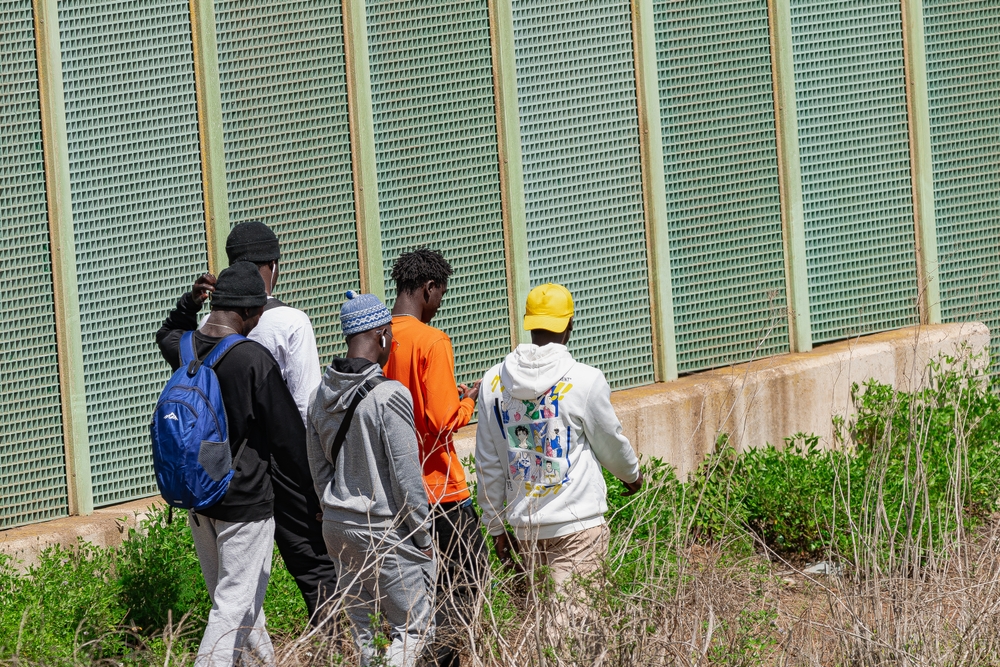The Spanish government has approved a sweeping reform to its immigration law aimed at regularizing the status of 900,000 illegal immigrants over the next three years.
The plan, greenlit during Tuesday’s Council of Ministers meeting, sets a target of 300,000 regularizations annually and introduces a range of measures to simplify administrative procedures and promote the integration of immigrants into Spanish society and the labor market.
The reform was described by Minister of Migration Elma Saiz Delgado as the most “comprehensive and ambitious” update to the legislation created in 2011. It marks the fourth modification to the law since 2018.
As reported by La Gaceta, this latest iteration extends the scope of job search visas, introduces new residence authorization categories, and relaxes conditions for family reunification, liberalizing Spain’s immigration system at a time when a majority of citizens want fewer migrants, not more.
Under the plans, job search visas will now last one year, up from three months, and can be renewed for up to four years. Two new pathways based on “social roots” will simplify the process for immigrants to gain residency, while the conditions for family reunification have been eased.
The update also establishes a specific framework for residence visas, which were previously a less-defined aspect of the regulations. This framework seeks to streamline requirements and processes, making it easier for immigrants to obtain formal residence and work permits.
The reform emphasizes the labor and social integration of immigrants in irregular situations with the government expressing its hope that the new measures will encourage illegal immigrants to legally fill labor shortages in key sectors.
The move will also enable currently illegal immigrants to lawfully use vital social services, although no plans have been announced to ensure those services are improved to cater to the new demand.
A survey conducted last month by the 40dB Institute for El País and Cadena SER revealed that 75 percent of Spaniards now associate immigration with negative concepts such as insecurity, crime, and overburdened public services.
The increase in concern — up by 16 points over the last year and a half — reflects a considerable shift at a time when the migrant crisis, particularly on the Canary Islands archipelago is at the forefront of public debate.






